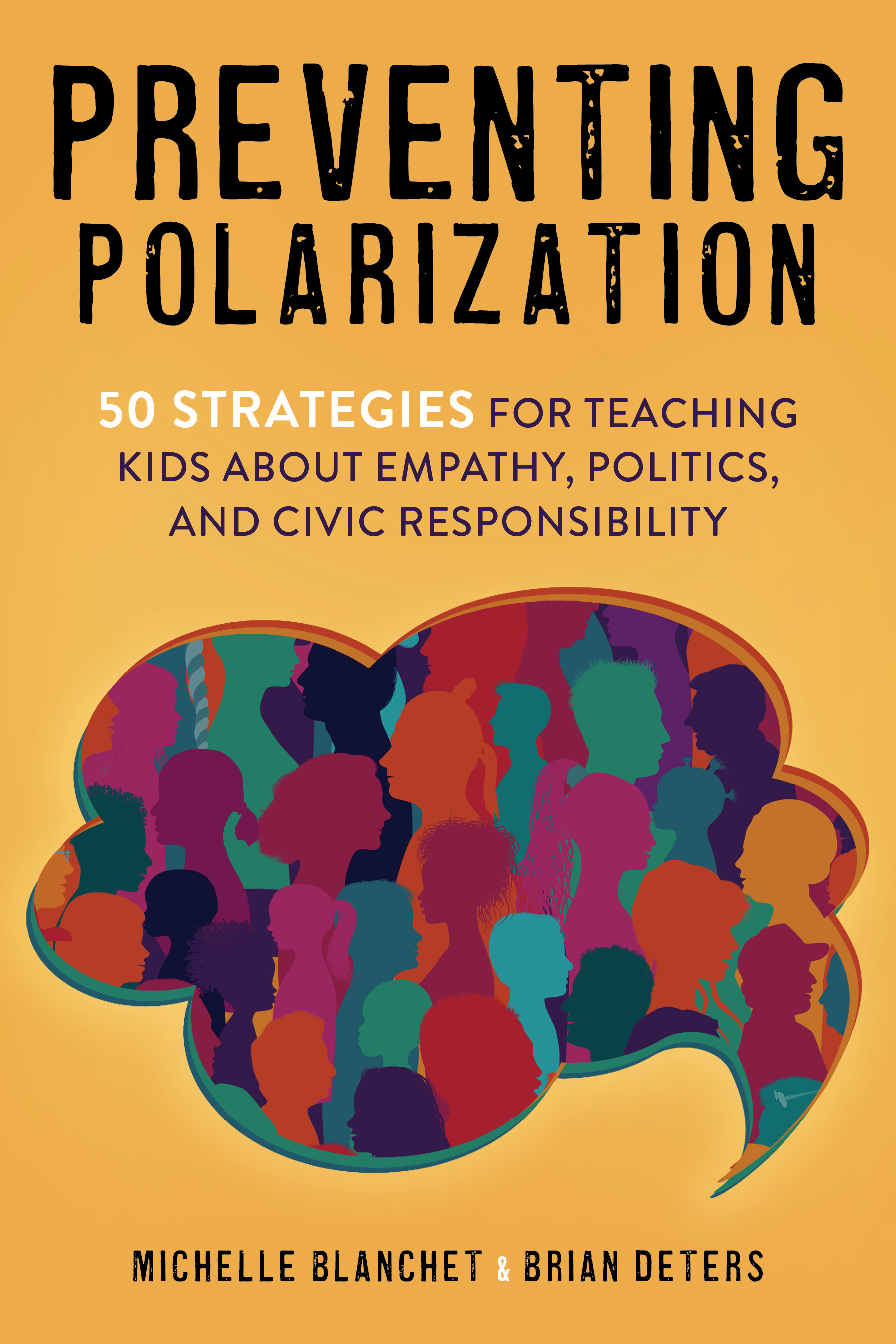Teachers Walking on Eggshells
Nov 03, 2022
By Michelle Blanchet
How do we make it okay to talk about things again?
During a recent project, I worked with teachers to deliver problem-solving workshops. The teachers discussed challenges in their local schools and communities, developing potential projects and solutions to address them.
Interestingly enough, teachers mentioned a similar issue that prevented them from moving forward on certain challenges—they feel uncomfortable bringing up potentially touchy subjects or engaging students in various topics for fear of backlash.
In a country known for freedom and democracy, it’s unsettling that many teachers feel this mounting pressure. They avoid issues to appease growing parental or district pressure, and I completely understand their realities.
When I taught social studies, I faced similar constraints. When President Obama held his State of the Union Address—something completely relevant to our civics class—my social studies team and I were told it was necessary to allow students to opt-out of the viewing because parents had called the principal. They were worried about indoctrination.
Today I can't help but wonder if parents had called in to prevent students from watching President Trump's State of the Union. As an educator, I wonder, how are we supposed to effectively teach critical thinking and communication if we aren't allowed to expose our students to what's happening in the world?
Unfortunately, this isn’t just happening to social studies teachers. Avoiding issues and censoring topics is becoming more and more commonplace. I hear science, elementary, and language art teachers complain of the same barriers. They don't feel they can engage in conversations or talk about current events without negative consequences.
How does this help our students?
Young people need a place to discuss complicated issues effectively. It’s part of a high-quality education. When we avoid tough topics like religion and politics, we create a nation of young people who don't know how to have civil, rational conversations with each other about important issues.
If we don't teach our students these skills—critical thinking and communication—which are vital for life, we get what we have now: a very divided nation. Brian Deters and I want social studies teachers around the country to know that they’re not alone and that they shouldn’t have to give up. Don’t feel the need to censor; just keep doing what you’re doing.
Our job is to teach students, and that requires exposure to tough topics that we're all going to have differing views on. Explain to parents the importance of these skills. Tell the principal to have your back because you're doing your part to ensure students have the skills needed to engage effectively in what's happening in the world around them.
Give students the opportunity to express themselves, think deeply about issues, and effectively communicate with one another. Help them develop the skills needed to be civically minded adults. As a precursor to engaging in these skills, it’s important that we all invite everyone in our communities to be on the same page about why it’s so necessary and important to discuss real issues and current events.
Teachers should feel confident about facilitating needed conversations with their students. Dialogue, debate, and consensus-building are just a few of the skills vital to ensuring academic rigor in courses like social studies. If students can't practice discussing tough topics in a safe, controlled environment—like the classroom—where are they expected to learn these skills?
Too often we confuse a civic education as having taken a one-and-done course on the role of the government and how it functions. Yet, it's become more critical than ever that we host conversations with our students about the state of the world, the goals we have for the future, and the actions we want to take to create the future we envisage.
The future is now. We must invite our students to make their mark and use their voices so that they contribute toward the type of society they want to inherit.
Please continue to fight the good fight.
Not teaching these skills is a disservice to our students, to our communities—and ultimately—to our future. Inaction and avoidance don’t make problems go away.
For teachers everywhere who continue to guide our youth as we navigate these uncertain times: you're doing the right thing, and you're not alone in this.






